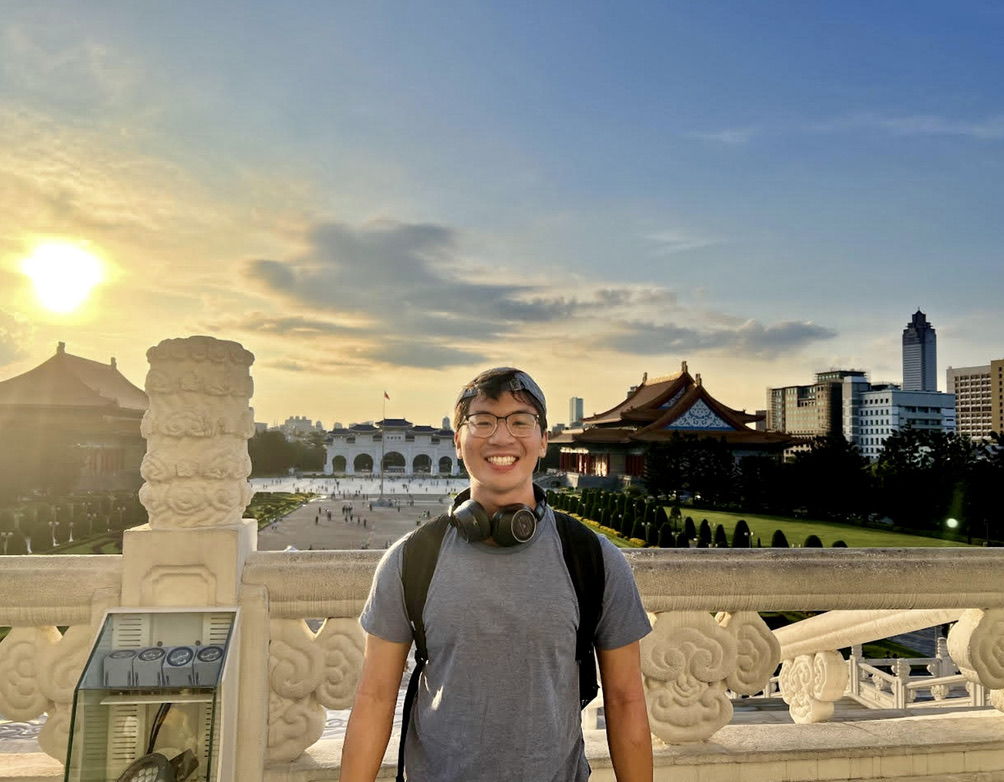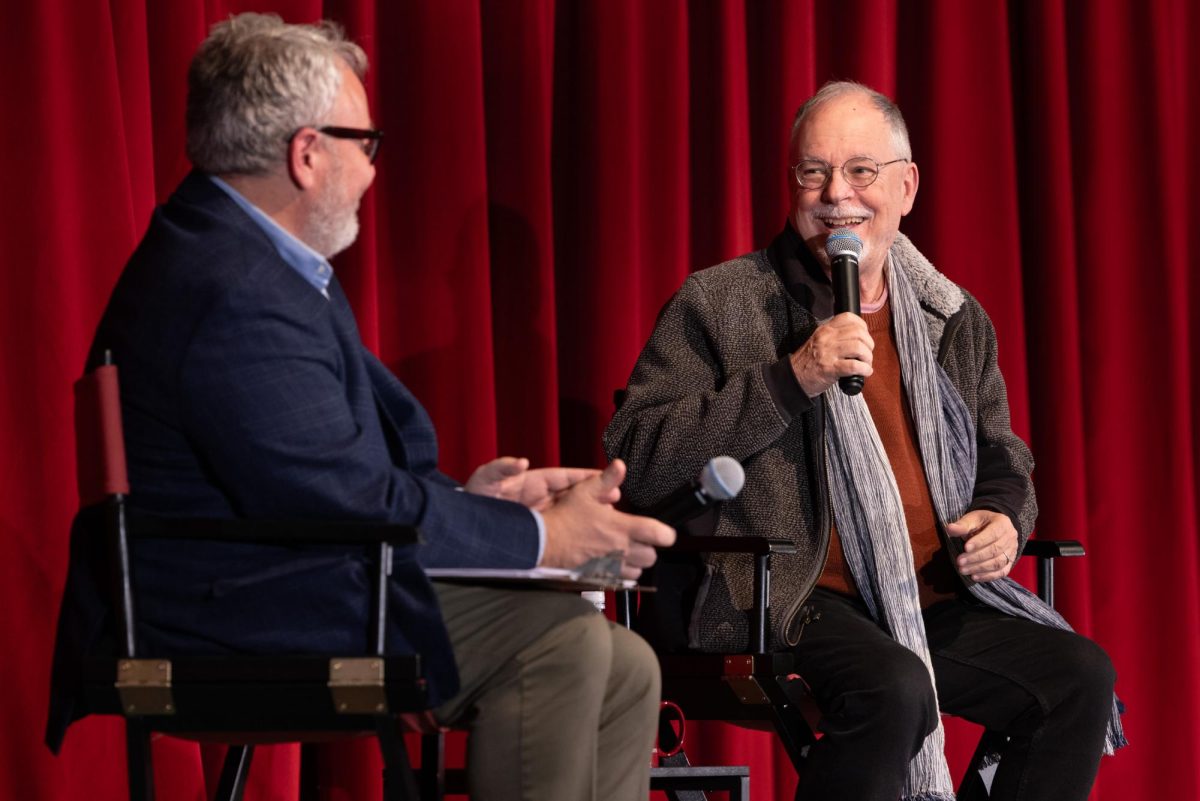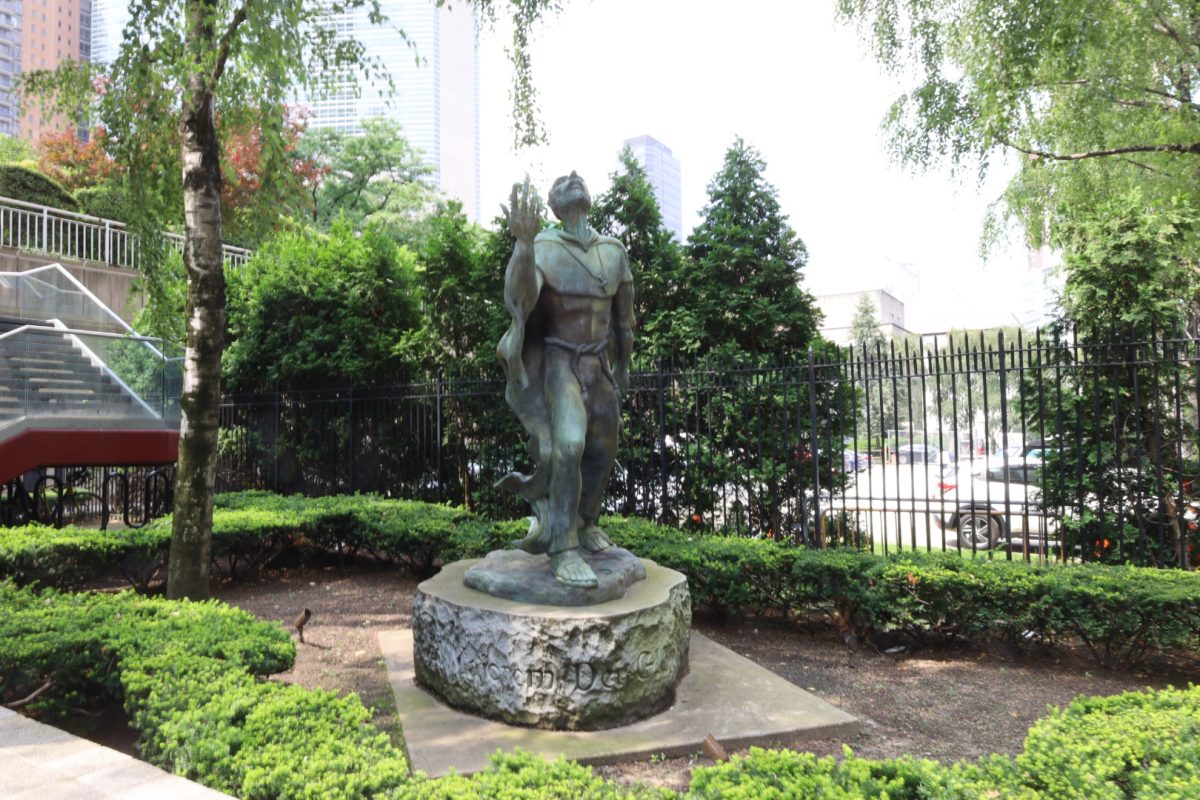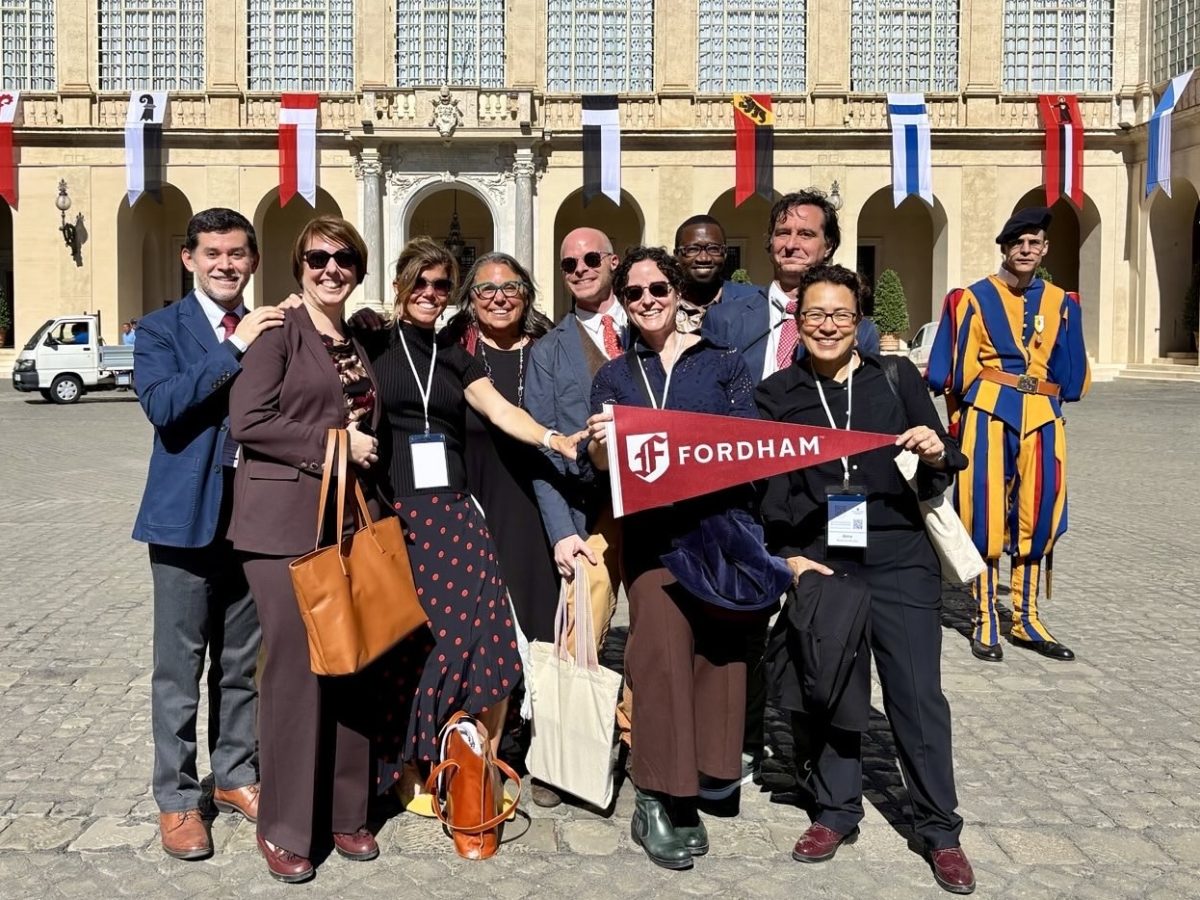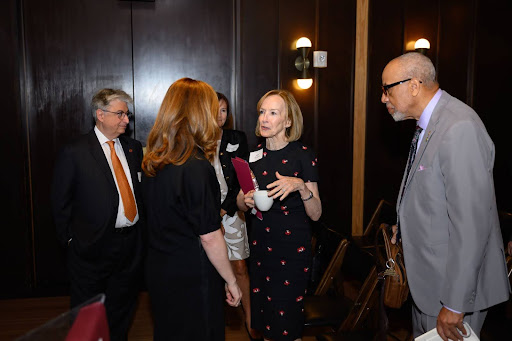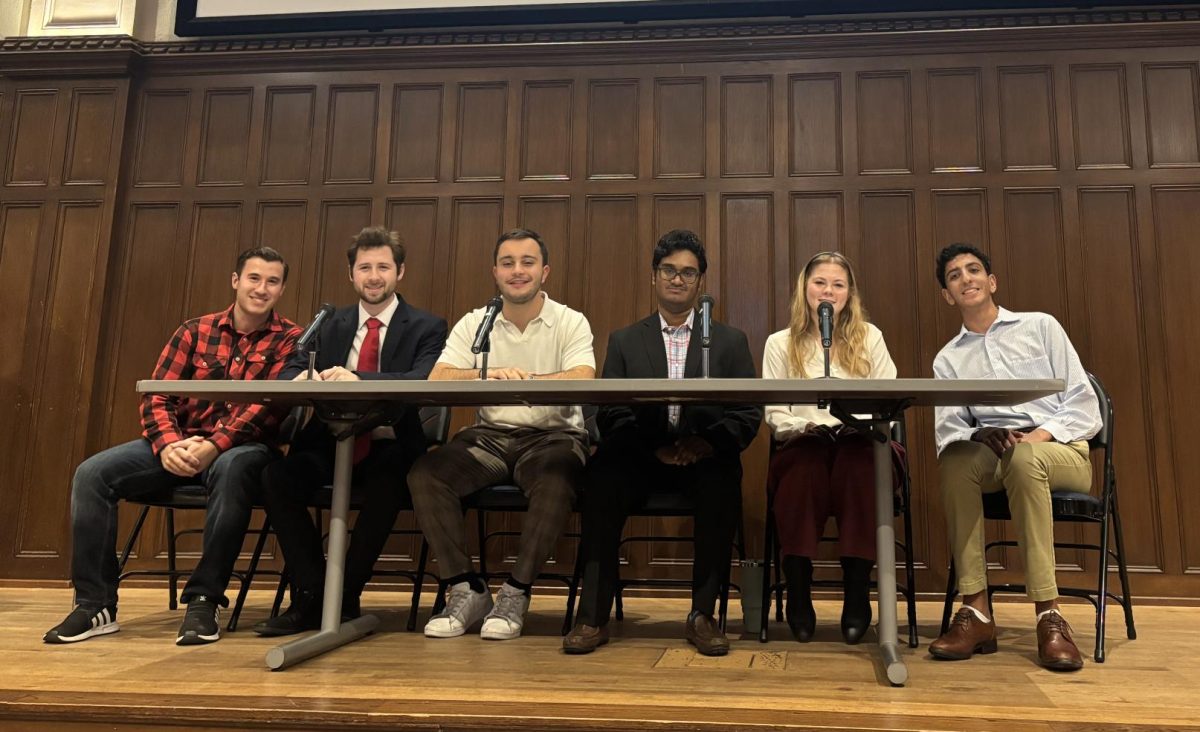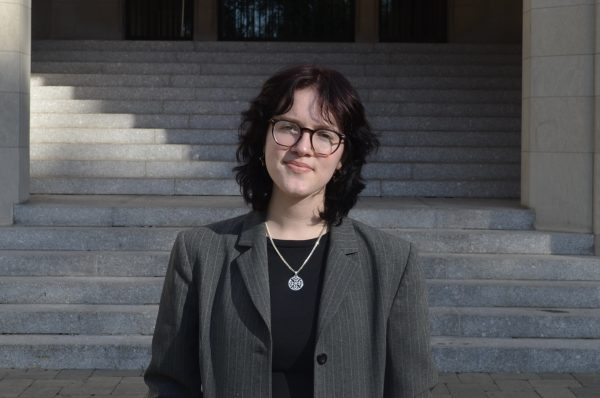Fordham University has been recognized as one of the top producers of Fulbright Scholars by the U.S. Department of State. Fordham has had more than 200 Fulbright recipients, with 11 chosen in the 2023-24 academic year.
“It makes complete sense that a Fordham student that has already involved themselves in community can show [in their application] that when they go on a Fulbright, they’re going to involve themselves in their [new] community,” said Dr. Marisa Iglesias, assistant director of the Fellowships Office.
Students who apply for a Fulbright can propose a year of research, a year of graduate studies or they can spend a year being an English Teaching Assistant (ETA). Students generally start working on their applications in the spring of their junior year and usually submit them in October of their senior year. Alumni are also encouraged to apply.
“It’s a very diverse experience, and there’s so many opportunities to do a lot of different things that it can be almost overwhelming, but in a very exciting way,” said Grace Powers, FCRH ’23, an ETA in Estonia. “The work that I’ve done and the people and places that I’ve seen and met have been really incredible opportunities for growth.”
After students submit their applications in the fall, they wait until February to hear the list of semi-finalists. That list is then sent to the various countries involved, who generally get back to students in May.
“All my plans for the future were up in the air because [I] have no idea if it was going to work out, Fulbright takes a lot of adaptability and willingness to roll with what happens,” said Powers.
The Fellowships Office works with applicants every step of the way. They give the students internal deadlines throughout the summer so they remain on track for their submission in the fall.
“I would say that it was definitely a tough experience, but in the end, I definitely learned a lot more about myself through the application process,” said Miguel Sutedjo, FCRH ’23, an ETA in Taiwan. “Especially going into my senior year, it helped clarify what I want to do with my life.”
One of the main goals of the Fulbright program is cultural exchange. Students are meant to immerse themselves in their communities. Iglesias feels that Fordham students and Fordham’s Jesuit values of service contribute to the number of scholars.
“We have Jesuit principles, and Fulbright really aligns with that, looking at you, not just your grades but who you are and why you want to do this,” she said.
In Estonia, Powers teaches fourth to 12th-grade students and helps with an adult English club at a local university.
“You get to see a really broad range of English abilities, and you get to do a bunch of different activities,” she said. “There’s a lot of flexibility and ways to adapt to your own wants and needs and how you really want to approach English teaching.”
Sutedjo was a political economics and music major at Fordham and teaches English and music to junior high students in Taiwan.
“I didn’t want to commit to a master’s program or do research, so teaching English seemed like the logical step for me,” he said. “I also realize that I really love teaching; I love sharing my musical gifts and passion for teaching and connecting different cultures together in the classroom. I definitely want to continue that in some capacity when I return to the U.S.”
Iglesias calls Fulbright a “pick your own adventure” where students can be involved no matter their major or career goals. She stresses that any student with an interest should apply.
“I don’t think there’s one right approach or one wrong approach, but I think one of our strengths is really creating relationships with our applicants. It feels like family. We work from spring until October and are just so invested in what they wanna do, just being accessible and taking away any intimidating part of it,” she said. “What we really want is for everyone to have the information and know that they can be a Fulbrighter.”
The application opens on April 2 this year, and the Fellowships Office will have an information session on April 4.
“If you’re on the fence about applying, just do it because even if it doesn’t end up in your favor, just by writing those essays, you’re going to gain a much clearer vision of what direction you want to take in the future,” said Sutedjo. “This has been one of the best academic years of my life.”



































































































































































































